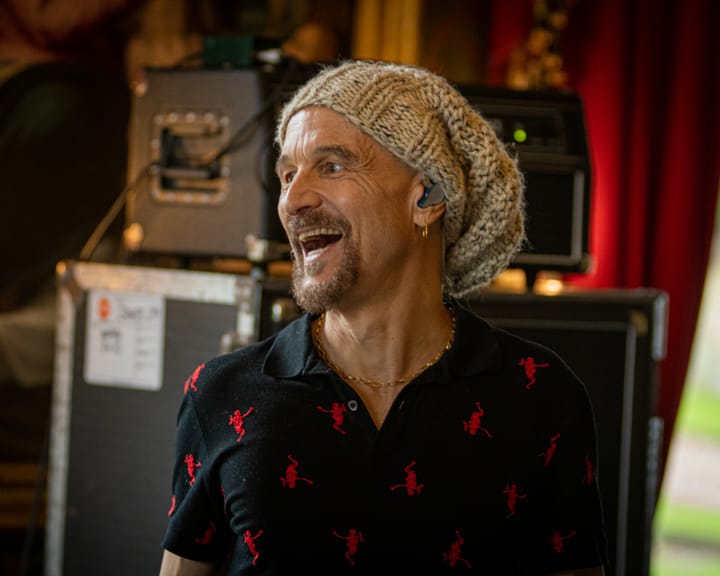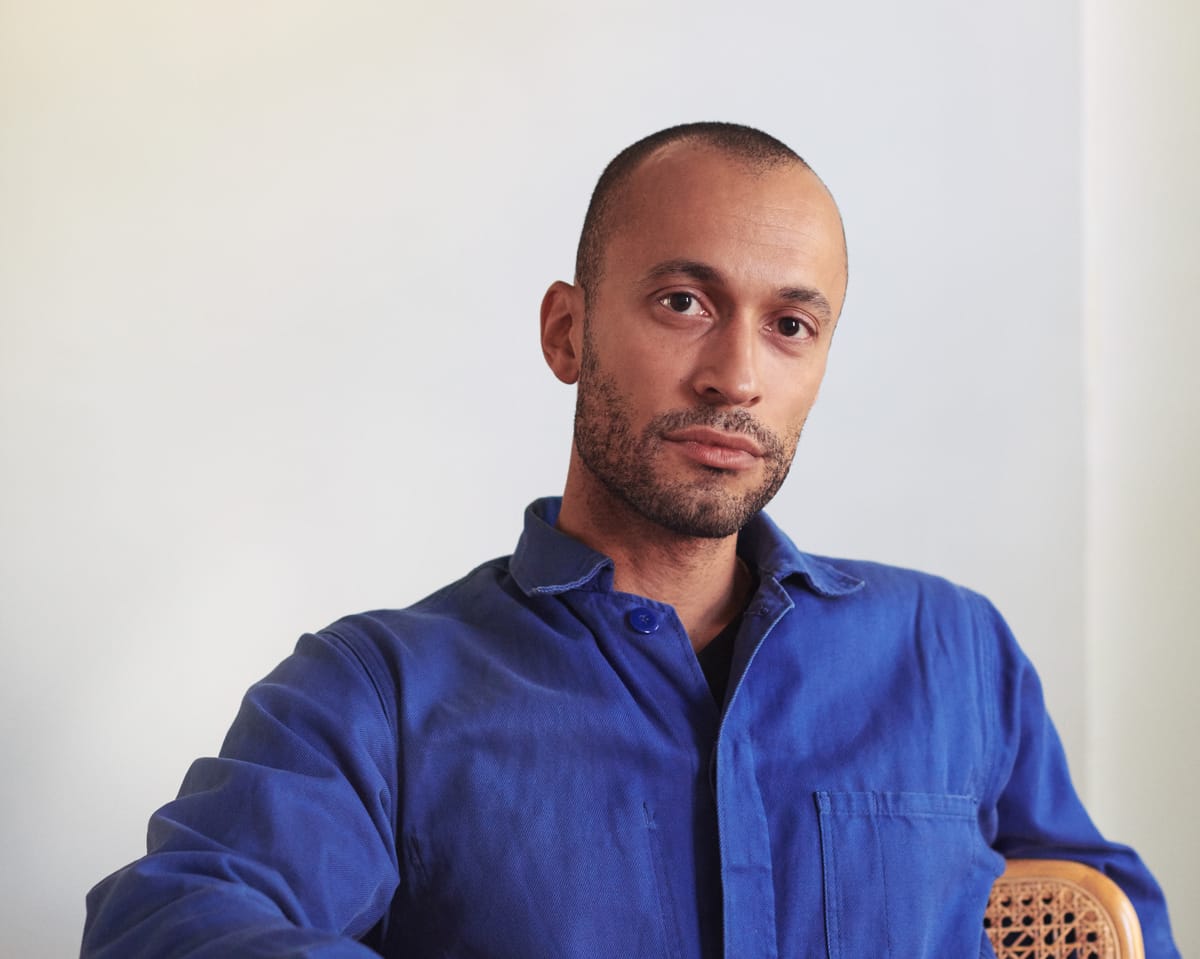Thomas Chatterton Williams, a prominent intellectual in the US, opposes the Trump-aligned right for its unpredictable authoritarianism. But he is equally critical—perhaps even more sharply so—of its vocal left-wing detractors. While he prides himself on avoiding ideological tribes, he is not entirely free of them. As Terry Eagleton once remarked, ideology often seems to be something only others possess. Williams may believe himself an independent thinker, but his perspective often reflects a comfortable liberal certainty.
His 2010 memoir, *Losing My Cool*, followed his journey—as the subtitle described—through love, literature, and his departure from collective expectations. Framing rap not as a musical style but as a culture that led young Black men toward crime, Williams suggested he might have met the same fate (such as when he recounts an altercation with his girlfriend, attributing his actions to hip-hop’s influence) were it not for his strict father, who immersed him in literature.
The classics, in the end, steered him toward an intellectual life, and the book concludes with him studying Sartre in Paris. But Williams didn’t merely share his experience; he positioned it as a blueprint for others. The implicit argument—"You can be like me"—overlooked his own privileges, including a father with a sociology PhD, a mixed-race background, and a middle-class upbringing in suburban New Jersey.
His second memoir, *Self-Portrait in Black and White: Unlearning Race*, released just before the pandemic, expanded on these ideas. The birth of his blond, white-passing daughter prompted his reflections on racial identity as arbitrary. From this, he urged Black Americans to “transcend” race altogether, suggesting mixed-race individuals should lead this shift. He acknowledged the ease of this stance for him and his daughter while insisting others follow.
Now, in his third memoir, *Summer of Our Discontent*, Williams critiques Black Lives Matter from his Parisian vantage point. Early on, he blames the fracturing of society on the left’s fixation with race-based identity politics, arguing it has weakened solidarity and allowed the far right to gain ground. While his initial observations are measured, his argument spirals, condemning nearly all forms of collective action as counterproductive. By the end, little remains outside his scorn.
Read next

Worldbreaker review – Luke Evans delivers a warm, bear‑hug performance in a thin sci‑fi survival drama
It may be coincidence, but many recent action films now centre on adult men and their daughters—or female stand‑ins—fighting to survive. The men are portrayed as both hardened combatants and protective fathers who train their girls to fight as fiercely as any man, preparing them for a

Tim Booth admits he made love to Brian Eno’s music by age 18: his candid playlist
The first song I fell in love with
My older sister, Penny, introduced me to Leonard Cohen’s “So Long, Marianne” when I was eight, as if to mark a rite of passage: “Now you’ve heard a true poet.” The track felt like contraband, starkly different from the pop

Tech moguls crave validation—why not simply stop paying attention?
There is a well-known pattern that tracks the initial excitement and frenzy around new technology, followed by a sharp decline when it fails to meet expectations.
This concept, first introduced in 1995 during the dotcom era, now applies to artificial intelligence. Currently, we are at the high point of overblown

